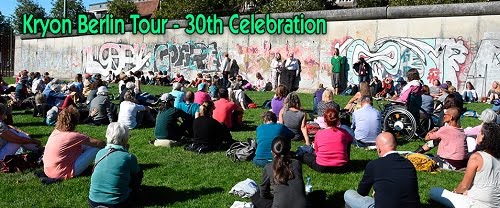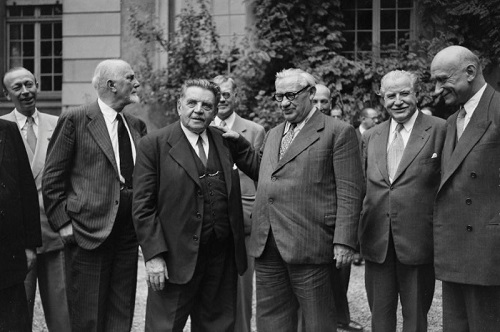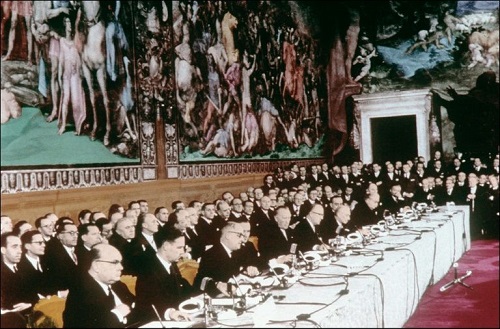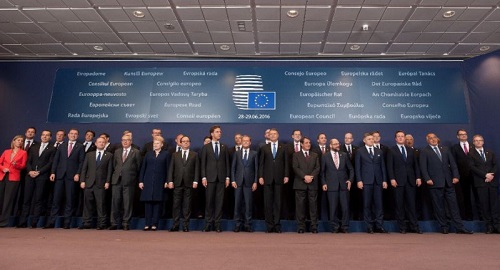Deutsche Welle, 15 March 2014
President
Vladimir Putin aims to create an Eurasian Union where the Soviet Union once
reigned. But Moscow's intervention in Crimea could make former Soviet republics
think twice about deeper integration with Russia.
During his
annual address to the Russian parliament back in 2005, President Putin publicly
lamented the collapse of the Soviet Union, calling it "a major
geopolitical disaster of the century." The former KGB man laid out his
solution to this "disaster" in a 2011 newspaper editorial, in which
he called for the creation of an Eurasian Union.
"First,
none of this entails any kind of revival of the Soviet Union," Putin wrote
in the daily Izvestia. "It would be naïve to revive or emulate something
that has been consigned to history. But these times call for a close
integration based on new values and a new political and economic
foundation."
"We
suggest a powerful supranational association capable of becoming one of the poles
in the modern world and serving as an efficient bridge between Europe and the
dynamic Asia-Pacific region," he continued.
Neighboring
Belarus and Kazakhstan have signed up to join Russia in this integration
project. In 2010, the three ex-Soviet republics formed a common customs union.
Meanwhile, they have agreed to make the Eurasian Economic Union a reality by
January 1, 2015.
 |
| Close, but not too close? |
"According
to Putin, it has to be a political alliance, not only the customs union, with
supranational institutions that will be hosted by Moscow and apparently
dominated by Russia," Lilia Shevtsova, a Russia expert with CarnegieMoscow, told DW.
'Anti-thesis
to the West'
While
Shevtsova described the Eurasian Union as Putin's "pet project," she
said that the concept of Eurasianism as an ideology developed in early 20th
century Russia as an "antithesis to the West."
"The
major principle of Eurasianism is that Russia has to be the pole of a new
civilization, which is situated on the huge Eurasian territory that includes a
European part and an Asian part," Shevtsova said. "Russia is unique
and Russia is not Europe."
"The
Eurasian concept is based on such values as the Orthodox Church and the
strength of the state," she said. "The state is much more important
than individuals."
'EU without
democracy'
In terms of
its structure, the Eurasian Union is modeled on the European Union's political
integration project, but without the emphasis on democracy and human rights,
according to Amanda Paul, an expert on the Eurasian region at the in Brussels.
A handful
of former Soviet republics, led by Russia, created the Eurasian Economic
Community (EAEC or Eurasec) in 2000 to serve as the motor of integration in the
former Soviet space. The organization's institutional structure is similar to
the defunct European Economic Community, the forerunner of the European Union.
Eurasec has an interstate council, a permanent committee, an
inter-parliamentary assembly and a court.
The
interstate council consists of the Eurasec members' heads of state and makes
decisions by consensus, while the permanent committee requires a two-thirds
majority vote. Voting power in the committee is based on financial
contributions. Russia wields 40 votes while Belarus and Kazakhstan each hold
20. Kyrgyzstan and Tajikistan possess 10 votes respectively.
Driven by
realpolitik
According
to Shevtsova, Belarusian strongman Alexander Lukashenko opted to join because
he "cannot go to Europe" due to his repressive policies, and "he
cannot survive by himself" because of the country's economic problems.
Meanwhile, Kazakh President Nursultan Nazarbayev hopes to use Russia to balance
out China's economic influence in the Central Asian country, she said.
Last
September, Armenia turned down an association agreement with the European
Union, opting instead for the customs union with Belarus, Russia and
Kazakhstan. The Armenian deputy foreign minister, Shavarsh Kocharian, has said
that Yerevan will be ready to join the customs union by mid-April.
 |
| Armenia has "chosen" to go along with Russia's plan |
"They
basically didn't have any option but to ditch their agreement with the EU
because of their reliance on Russia in many different sectors, obviously
including energy security, economics and trade," Paul said.
"In
the shared neighborhood with the EU, none of the countries want to join,"
she continued. "Russia is having to force them in there with all the
sticks and whips it's got."
'Pop-up war
syndrome'
According
to Shevtsova, Kyiv is the "crown jewel" in Russia's Eurasian
ambitions. A country of 45 million people, Ukraine has fertile agricultural
land, an industrial base and lies right on Central Europe's doorstep.
"It
was one of the key goals of Putin to get Ukraine into the orbit because a
Eurasian Union…without Ukraine would have a very strong Asian face," she
said.
But
Moscow's intervention in Crimea could jeopardize the entire integration
project. Ukraine has been driven even further into the West's arms by the
de-facto Russian annexation of the Black Sea peninsula. The EU could sign the
political chapters of an association agreement with Kyiv as early as March
20th.
Meanwhile,
Belarus and Kazakhstan have failed to express strong public support for Moscow's
position in Ukraine. Putin's doctrine of reserving the right to use military
force to protect ethnic Russians might have Minsk and Astana worried. Nearly a
quarter of Kazakhstan's population and eight percent of Belarus claim Russian
ethnicity.
"If the
Russians are allowed to get away with what they're doing in Crimea it sets a
precedent to repeat this sort of behavior elsewhere," Paul said.
"Russia is creating a sort of pop-up war syndrome. It doesn't like
something so it creates a military confrontation."












No comments:
Post a Comment
Note: Only a member of this blog may post a comment.